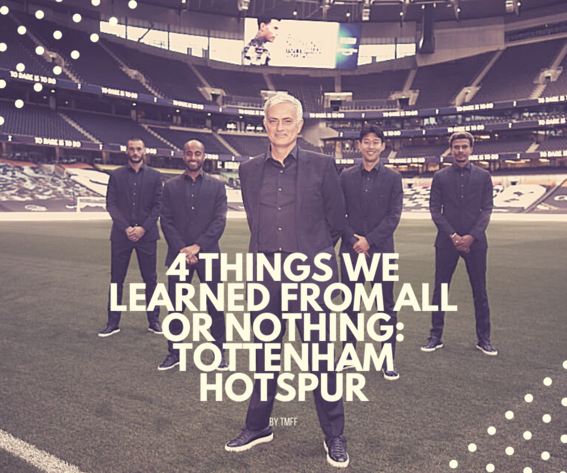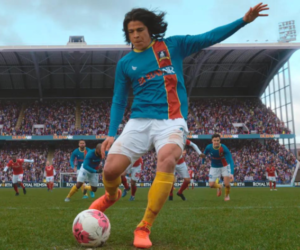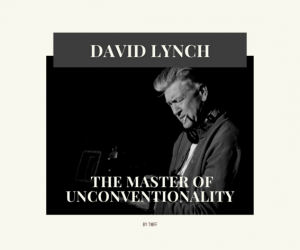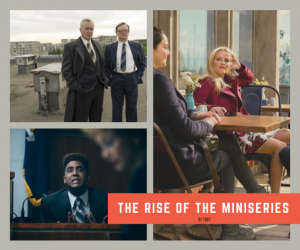I know I’m quite late to the party, but I hadn’t watched the Amazon Prime documentary All or Nothing: Tottenham Hotspur until last week. I know that the majority of you, even the ones who count themselves as football fans, probably haven’t heard of it. Perfectly fine – I also haven’t, since very recently. And to be honest, watching a 9-episode miniseries about the 2019-2020 season of an English team I don’t particularly care about either way wasn’t that appealing to me. Spurs’ decision to hire Jose Mourinho a quarter into last season probably made the project more marketable, but still not to an amazing degree. So, I was sitting on my sofa one rainy evening, trying to choose a new mini season to watch, and I decided to pick the one furthest away from what I would normally watch. Here are a couple of things I learned from it:
1. Players and managers are nothing like their interview personas
One thing you will realise, early on, is that pre or post-match interviews are not a good indicator of who players and managers really are. For instance, Jose Mourinho often has the reputation of beinga ice-cold, never smiling person, but during the various episodes we get a more in-depth look into his way of being. Same goes for players, who sometimes have the most random discussions between themselves and with their physios – ranking their favourite choclolate bars or describing the order in which they take the necessary steps to brush their teeth. We get a much more personal understanding of who they are, rather than the overly-simplified sports “object” portrayals in the media – how many goals they scored, how much they earn per week , and how many injuries they had. The lanugage is also different when it’s not broadcast on SkySports – swearwords are a very common occurence, used both to vent anger and express delight – just like in any job.
2. The schedule of a professional athlete is quite demanding
Games are one thing – since England is not as big as Russia for instance, traveling from one stadium to another is not that long. But it still requires a lot of personal sacrifices, because there are a lot of training sessions and game briefings to attend. The players have to report for an evening training session on Christmas Day, in preparation for their Boxing Day match. And even more radically, Tottenham were shceduled to play a Premier League game on 1st of January 2020, which meant that all the players and the staff spent their New Years Eve night sleeping in their hotel rooms in Southampton, after a quick call with their loved ones.
3. Perspectives into player injuries and the media can vary dramatically
At one point in the season, one of the Spurs players – Christian Eriksen, if I’m not wrong – talks about media and endless speculation surrounding the footballing world. He explains that any publication in the world can write absolutely anything about a player’s potential transfer for instance, no matter how unfounded the rumour it is based on, and still call it a job well done. And the endless uncertainty surrounding a player can severely affect their morale – and this was never a bigger issue then today, in a world founded on social media interactions. And the show also offers a very interesting handful of insights into player injuries, and how a variety of parties react to them – teammates, physios, coaches, fans, the chairman.
4. COVID’s impact on the world of football stretches beyond a few cancelled games
Of course, we all knew this already, but it was very interesting to see how the pandemic was digested within this team’s case study – what its implications were for Tottenham Hotspur as a club, as well as a set of general implications as well. The initial postponement of the Premier League didn’t only affect the players and the fans who could no longer go to the stadiums to support their teams, but far more people with varying degrees of connection within the footballing industry. It offers an interesting snapshot during different moments of uncertainity, with hindsight of course, but while remaining very evocative for the tumultuous 2020 as a whole.
















